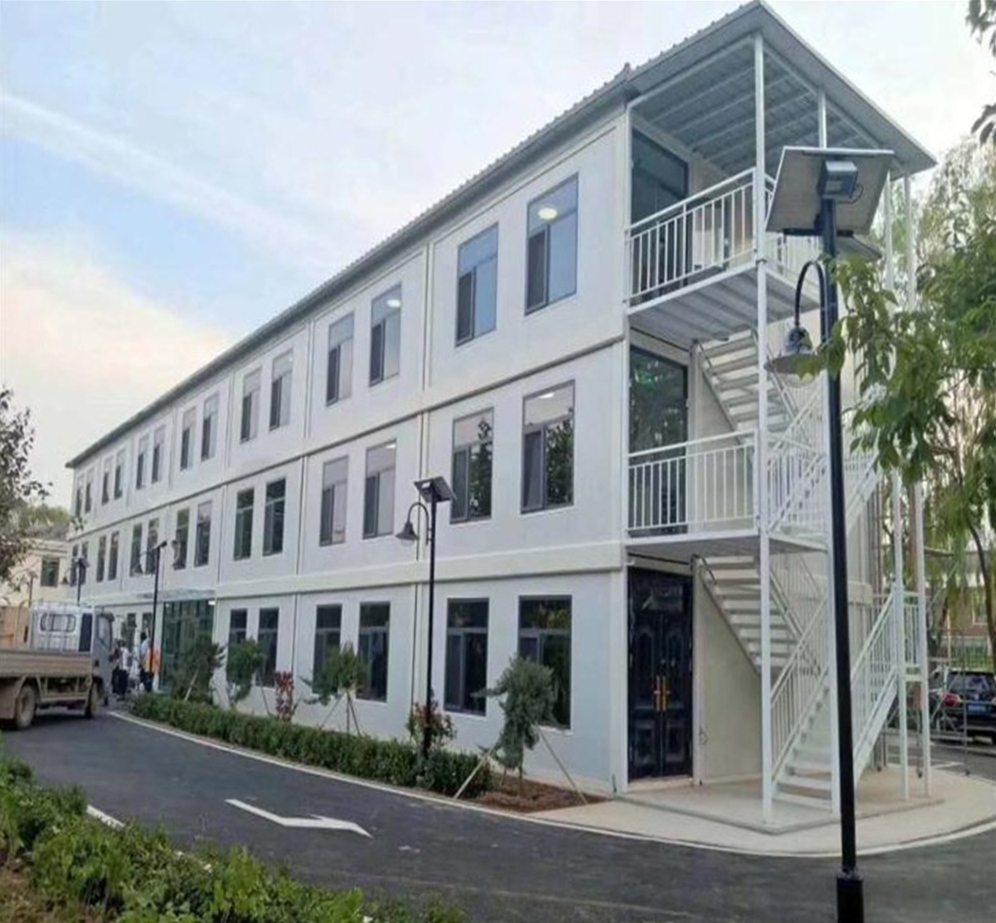With the continuous development of global trade, containers, as a traditional means of transportation, play an important role. In terms of product protection and transportation safety, customized containers can meet the needs of different products and ensure product integrity and safety. This article explains how shipping containers can be customized to meet product protection and transportation security needs.

First of all, the design of customized containers should consider the characteristics and needs of the product. Different types of products have different requirements for containers. For example, fragile products require higher shock resistance and anti-collision capabilities, flammable products require fireproof materials and ventilation design, and perishable products need to be kept in a low temperature or frozen environment. Therefore, when designing customized containers, it is necessary to determine the appropriate size, material and structure according to the characteristics of different products to ensure the safety of the product during transportation.
Secondly, the internal structure of the customized container needs to consider the packaging and fixation of the product. Different products are packaged in different ways. Some products require special boxes or trays, and some products require internal padding or isolation layers to prevent collisions and friction. On the internal structure of the customized container, fixing devices such as suction cups, fixing straps or fillers can be added to ensure the stability and protection of the product from damage during transportation.
In addition, the material selection of the container is also crucial. The main materials of containers include steel, aluminum alloy and reinforced concrete, etc. These materials have different strengths, corrosion resistance and weight. When selecting the material of the container, factors such as the weight of the product, transportation method and transportation environment need to be considered. For example, for heavy equipment or large machinery, you can choose steel or reinforced concrete materials to provide higher strength and stability; for light and fragile items, you can choose aluminum alloy materials to reduce the weight of the container and provide higher stability. Corrosion resistance.
In addition, the sealing and waterproof performance of the container are also important factors for product protection and transportation safety. The sealing performance of the container directly affects whether the product is damaged by external environments such as moisture, rain or dust. Therefore, when customizing a container, it is necessary to determine the appropriate sealing material and sealing method, and conduct a sealing test to ensure the sealing performance of the container. In addition, waterproof coatings or anti-seismic devices can be installed on the containers to protect products from flooding and natural disasters.
Fifth, the safety of customized containers also needs to be considered. During transportation, containers may be subject to threats such as parabola, robbery and illegal entry. In order to ensure the safety of the container, security locks, monitoring equipment and anti-pry devices can be installed on the container to prevent illegal entry and theft. In addition, we can also cooperate with logistics companies to strengthen the safety control of the logistics chain and improve the safety of the entire transportation process.
Customized containers are an important means of meeting product protection and transportation safety needs. By designing the size, material and structure of the container according to the characteristics and needs of the product, rationally arranging the internal structure, strengthening the sealing and waterproof performance, improving the safety of the container and other measures, the integrity and safety of the product during transportation can be ensured. At the same time, cooperating with professional logistics companies to strengthen the safety control of the logistics chain is also an important part of ensuring product protection and transportation safety.
